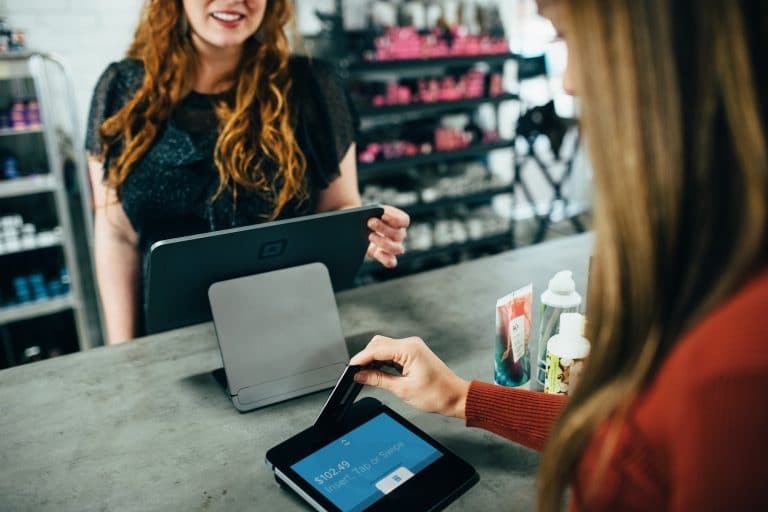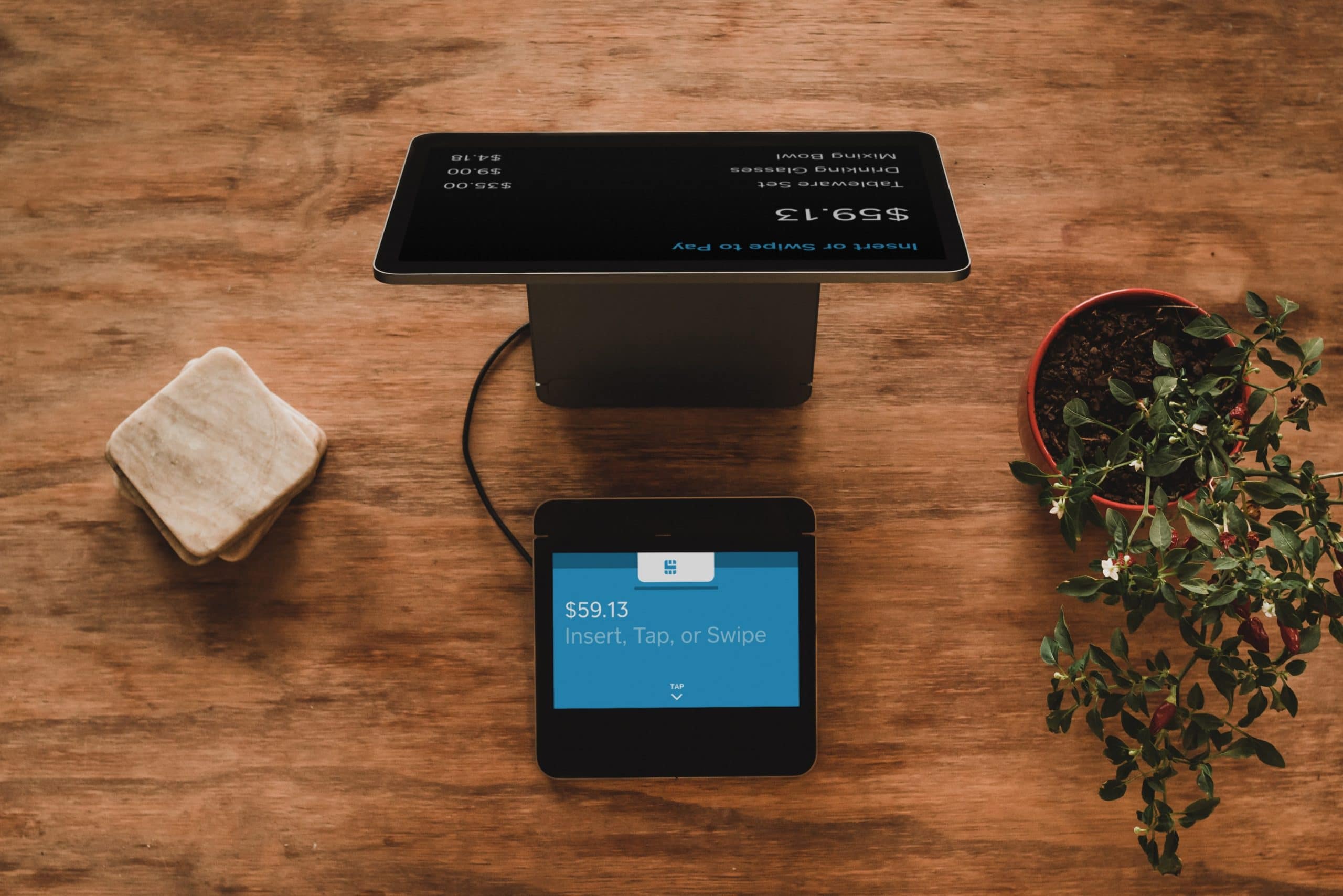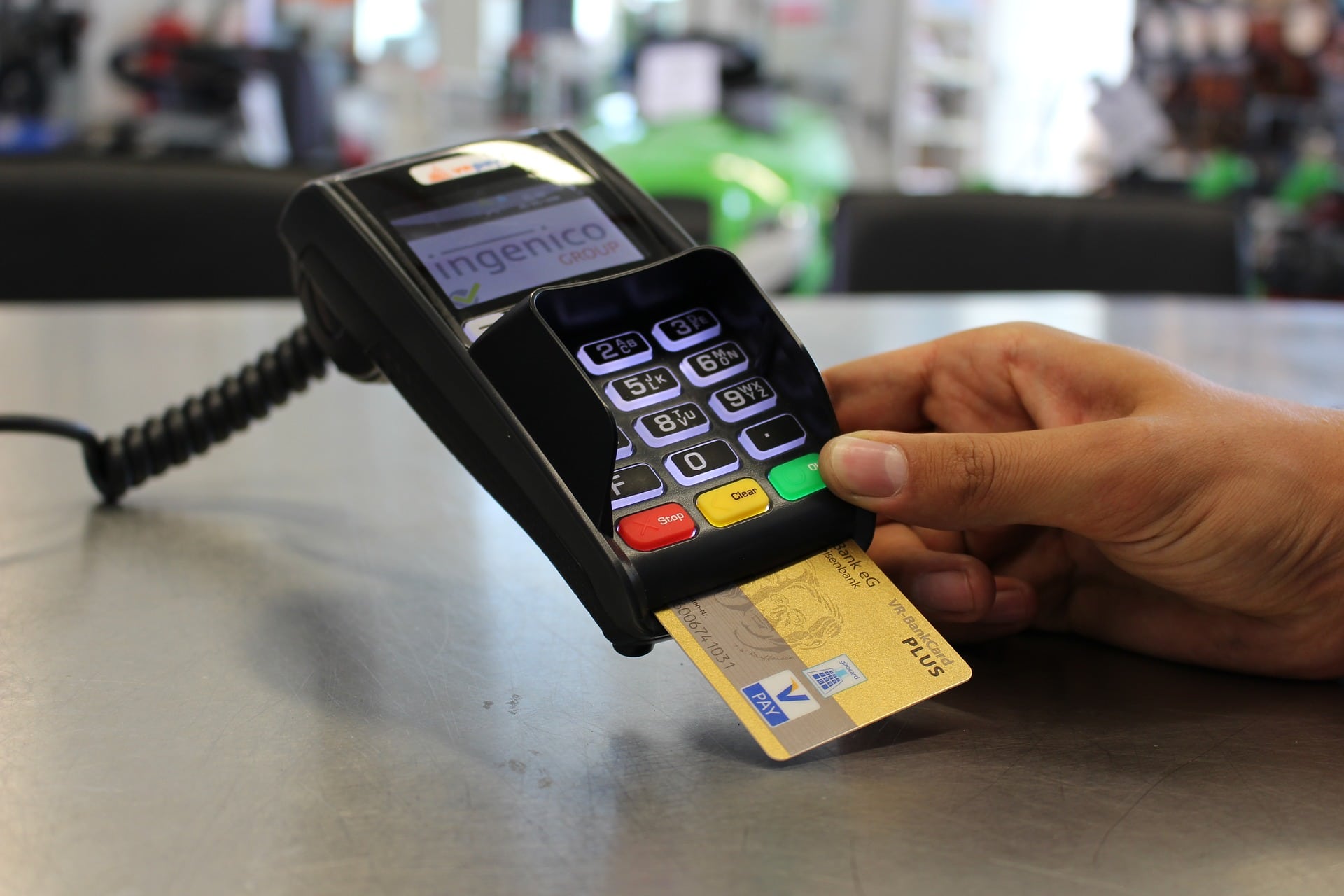Technology has made it possible for companies to run their daily affairs flawlessly. With payment methods such as cash registers and POS, business owners can easily keep track of the daily profits that their business has made. In the UK, some
legal procedures must be put into consideration before companies can embrace the benefits of Cash Registers and POS. Just like the legal procedures involved in setting up a business, it is essential to keep a close eye on every step to avoid breaking the law and attracting fines. Let’s take a look at the legal requirements of cash registers and POS in the UK.
Cash Registers vs POS
All companies need to have a well-laid business management system. An ordinary cash register might perform some necessary tasks for a business. However, not all companies can entirely rely on a basic cash register; they need a complex system that can keep track of the large number of transactions that are made each day. This is why today, many retailers choose feature-filled POS programs to help run essential business operations smoothly. You should note that a company cannot use a POS and a cash register at the same time. Before selecting your solution, you need to understand the nature of your business and the services that it might need.
The Legal Requirements for Cash Registers and POS in the UK
Unlike other parts of the world with stringent processes of setting up a business, the UK has straightforward procedures meant to motivate entrepreneurs to pursue their dreams. Once you have set up a company whose transactions exceed a certain level, you might need to have software that handles the transactions on your behalf. As mentioned above, with the right software, you will not have to spend a lot of time trying to calculate the daily profit that your business has made. However, specific rules and regulations are put in place to regulate the process of registering for POS and Cash Registers in the UK. The rules protect both business owners and consumers.
For your business to run without brushing shoulders with the government, you need to let HMRC know that you are becoming self-employed. This is necessary because your business will have to pay tax. Once HMRC has known about the existence of your enterprise, they will give you a go-ahead. There are online training sessions that can teach you how HMRC works. From the courses, you will learn when you have to file returns and how to do it.
Why Your Business Might Need POS
The one question asked by many small and medium-sized enterprises is whether they need POS. Though there might not be a definite answer to this question, certain aspects should be put into consideration while deciding whether or not to purchase a POS system.
First, since clients look for quick and high-quality services, they might consider visiting your rivals if you don’t achieve the best of their interests fast enough. A good example is Toys R Us and Amazon. When Toys R Us came into the market, they had a vision of providing as many toys as possible. Therefore, they set up stores in many different parts of the country. Suddenly, Amazon came. This new company had a focus on reliability, convenience, and speed. Since they had a well-formulated plan to impress their clients, they took over the market and the other rival had to go down. With this example, if you are starting a company with the mindset of keeping a smile on the face of your clients, then POS might be necessary.
Regardless of the size of your business, you can figure out whether POS systems might make you achieve your goals. Since it is a service aimed at handling a vast scope of transactions, it could make work easier for you. Note that there are many types of POS systems, and they come with a wide range of functionalities. Before going for one of them, you must assess their features and performance so that you are sure about their capacity to provide you with the bottom line.
Are there any Regulations about POS?
Again, in this case, there are different laws stipulated by the government to regulate both online and offline businesses. Some are meant for online traders while others apply to all kinds of companies (online and offline). Though these rules are subject to change, some of them have remained the same for the longest time. You should make a point of going through the rules and regulations regarding acquiring POS for your business. Make sure the laws apply to businesses in your location.
For instance, e-commerce regulation 2002 has a wide range of obligations targeted at online operations. Most of these obligations are put in place to ensure that the clients receive certain details about the operators. Another example is the fact that the Consumer Rights Act 2015 has reinforced some of the UK’s previous consumer rights legislation and has also amended individual sections.
You can see that while there is an enabling environment in the UK, there are many things you need to know before you get started. As an aspiring business person, it is mandatory that you identify the critical business rules and regulations about acquiring POS systems in the UK, and what the government is planning in the future.
Conclusion
If you are looking to use POS to keep track of your business transactions, you must get the best software to use. Also, you must keep in mind that the rules available today might be modified regularly depending on what the market dictates. This is why it is essential to take time and take each step seriously so that you don’t break the law.



